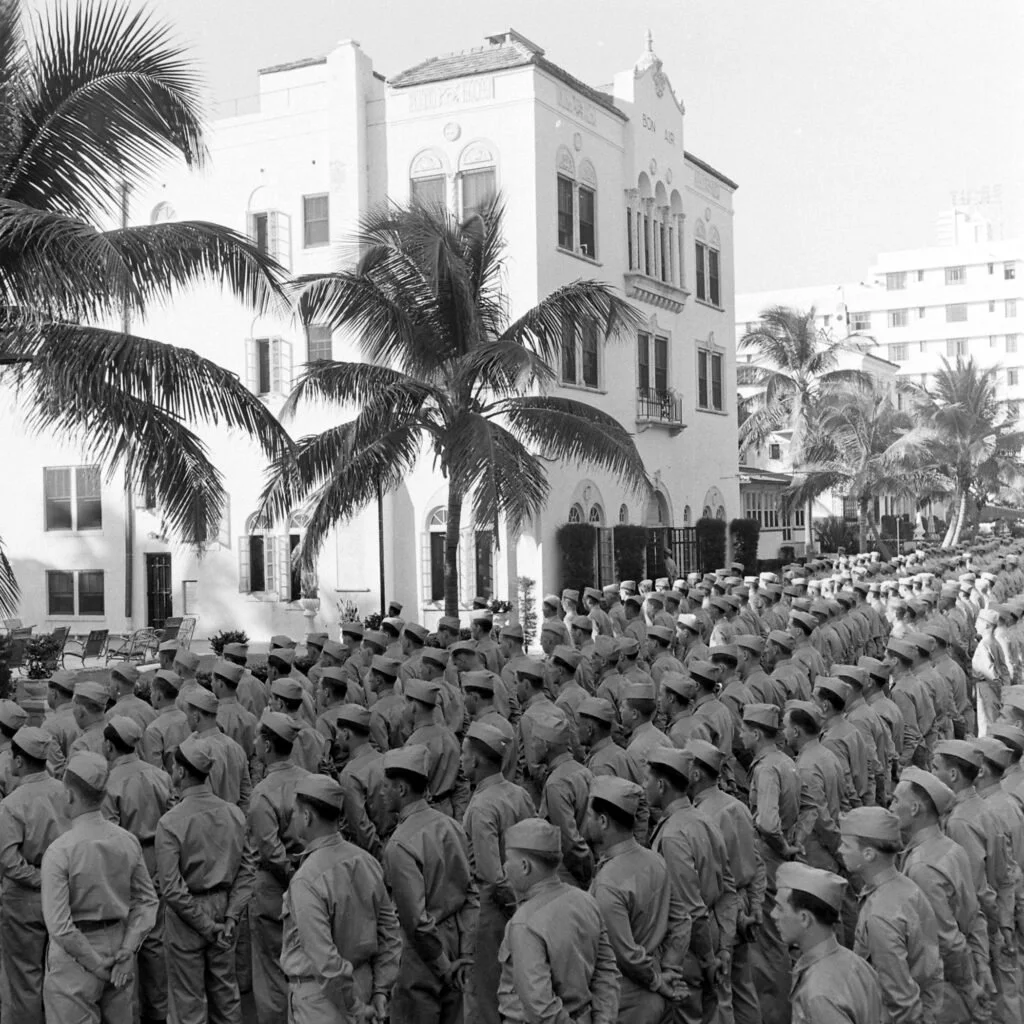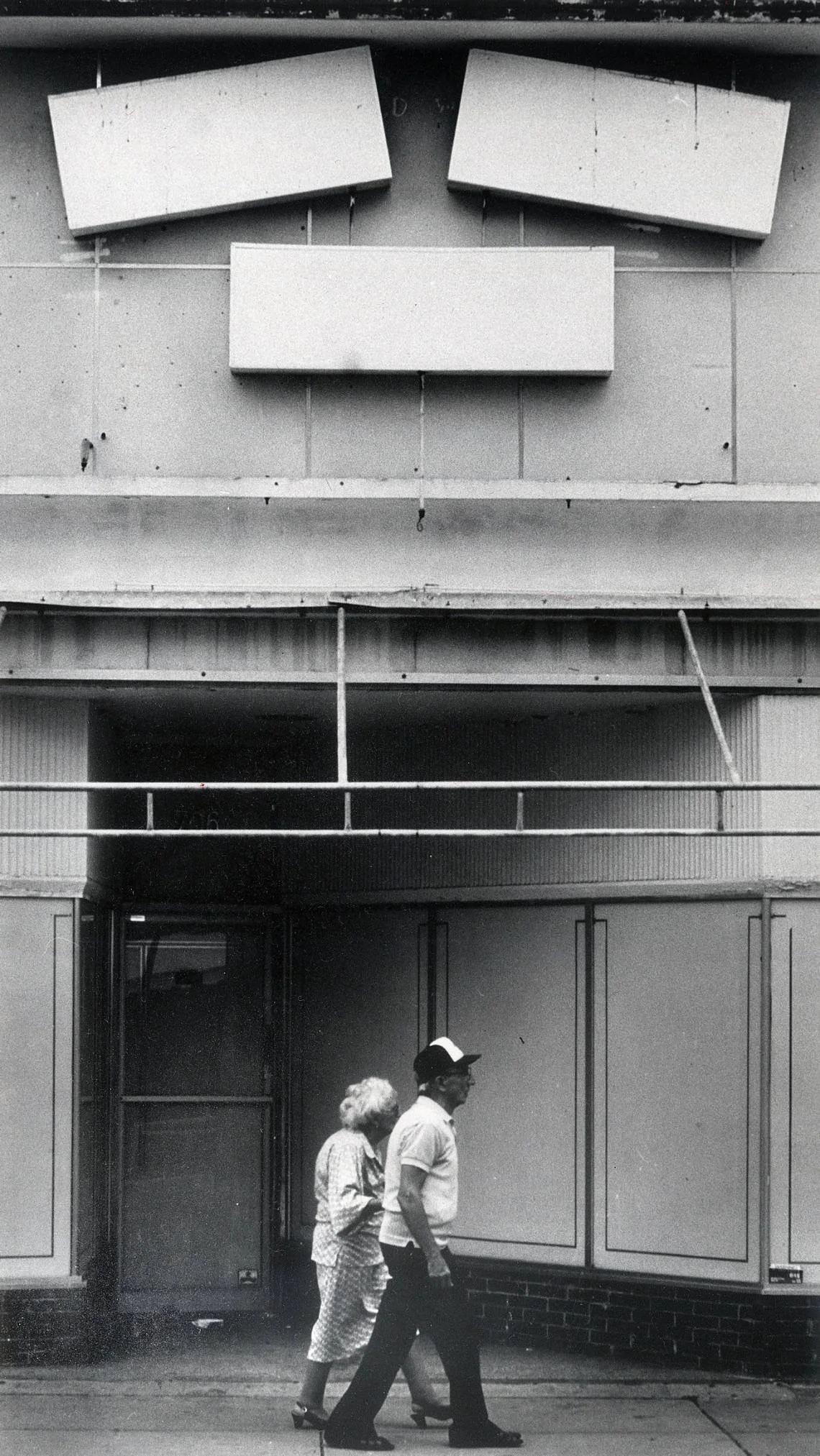The Case of Ocean Drive / Collins Avenue in Miami Beach
EENS 6150 + EENS 6151 | Intro to GIS
Professor Keena M. Kareem
(Tulane University Department of Earth & Environmental Sciences)
In Summer 2024, I completed an intensive GIS course sequence through Tulane’s School of Science and Engineering, focused on developing applied skills in ESRI’s ArcGIS Pro. The curriculum combined lectures with lab work, covering core GIS concepts and technical processes: geographic data models, projections, coordinate systems, geodesy, digital editing, raster analysis, spatial statistics, terrain modeling, and spatial estimation.
For the final project, I used my fieldwork in Miami Beach to produce a GIS-based analysis of my thesis case study: the Ocean Drive / Collins Avenue Historic District. Using authoritative datasets from Miami-Dade County and the City of Miami Beach, I analyzed the district through the lens of neoliberal spatial restructuring. I incorporated Survey123 field data (surveillance and land use observations) into a multilayered analysis that explored ownership types, property values, building ages, and public safety infrastructure, using authoritative datasets from Miami-Dade County to ground the spatial data in verified records.
Key methods included:
Digitization and georeferencing of the district boundary
Attribute joins across multiple datasets (ownership, value, construction year)
3D extrusion to visualize ownership regimes
Buffer and heatmap analysis around surveillance and law enforcement presence
Land use mapping and cross-referencing with valuation data
The final outputs—write-up, poster, and StoryMap—demonstrated how GIS tools can visualize the spatial logic of neoliberalism, particularly its influence on historic preservation, surveillance, and speculative real estate patterns in heritage districts.
















